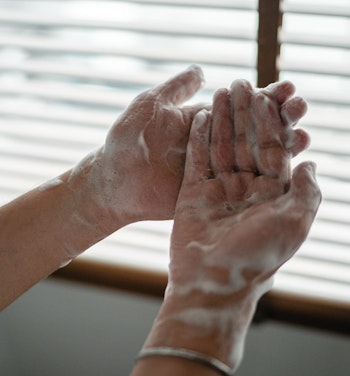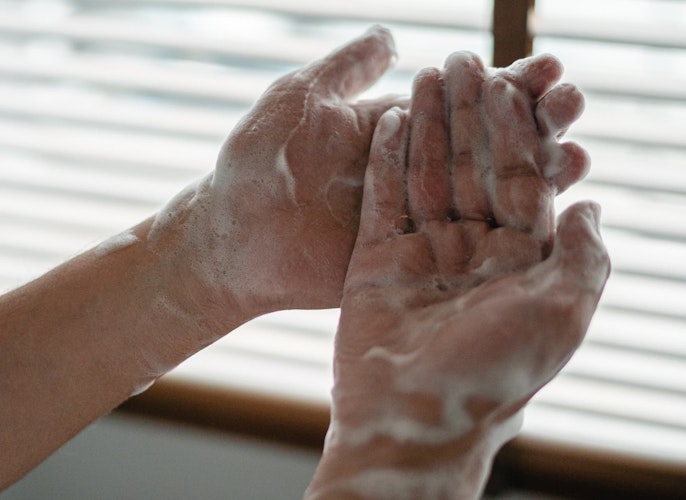Hand hygiene
Hand hygiene is essential for reducing the transmission of viruses, bacteria, and fungi.



Hand hygiene is essential for reducing the transmission of viruses, bacteria, and fungi.


The spread of germs
Regular hand washing prevents the spread of respiratory and diarrhoeal infections from one person to another. Germs can be spread in a number of ways: touching the eyes, mouth, and nose with unclean hands, for example when preparing food; touching a contaminated surface or object; sneezing into the hands without washing them afterwards, etc.
Hands are in direct contact with the outside world; so, good hand hygiene is essential. Everyday life does not always make hand washing easy to do: lack of water, soap, or clean towels.
When the conditions are not optimal for effective hand washing, hand sanitisers are the answer. These solutions have become a must-have in our daily lives to ensure good hand hygiene and to protect us from infections.


Ensuring the effectiveness of a hand sanitiser
In order to protect against a range of micro-organisms (viruses, bacteria, fungi), products must pass standardised tests on microbial strains.
The effectiveness of virucidal products is governed by standard reference number 14476. Claims made concerning product efficacy and use depend on the types of viruses used and the conditions of the tests (type of use, contact time, concentration).